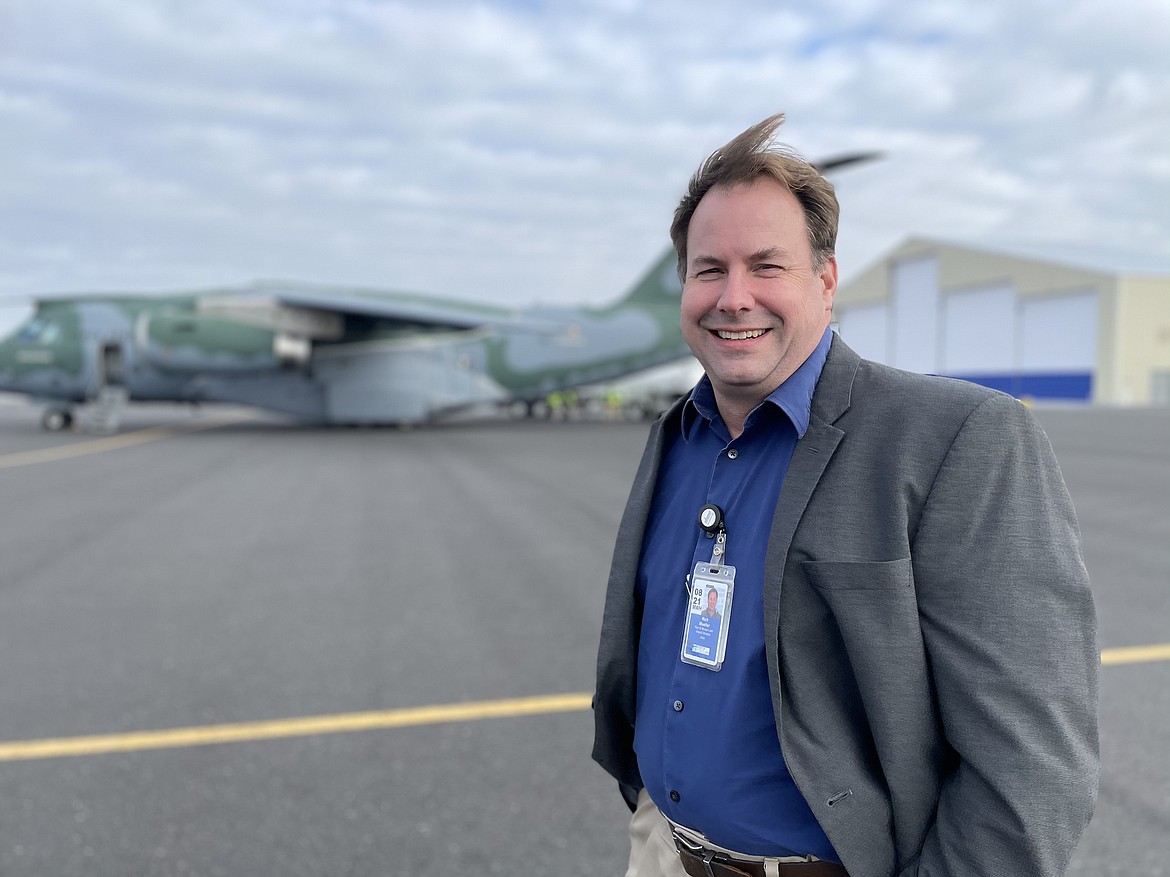Small airports would benefit from Dent-sponsored bill
MOSES LAKE — Creating a solid state program to help fund small airports in Washington is a priority for two local officials and a state legislator.
Become a Subscriber!
You have read all of your free articles this month. Select a plan below to start your subscription today.
Already a subscriber? Login



